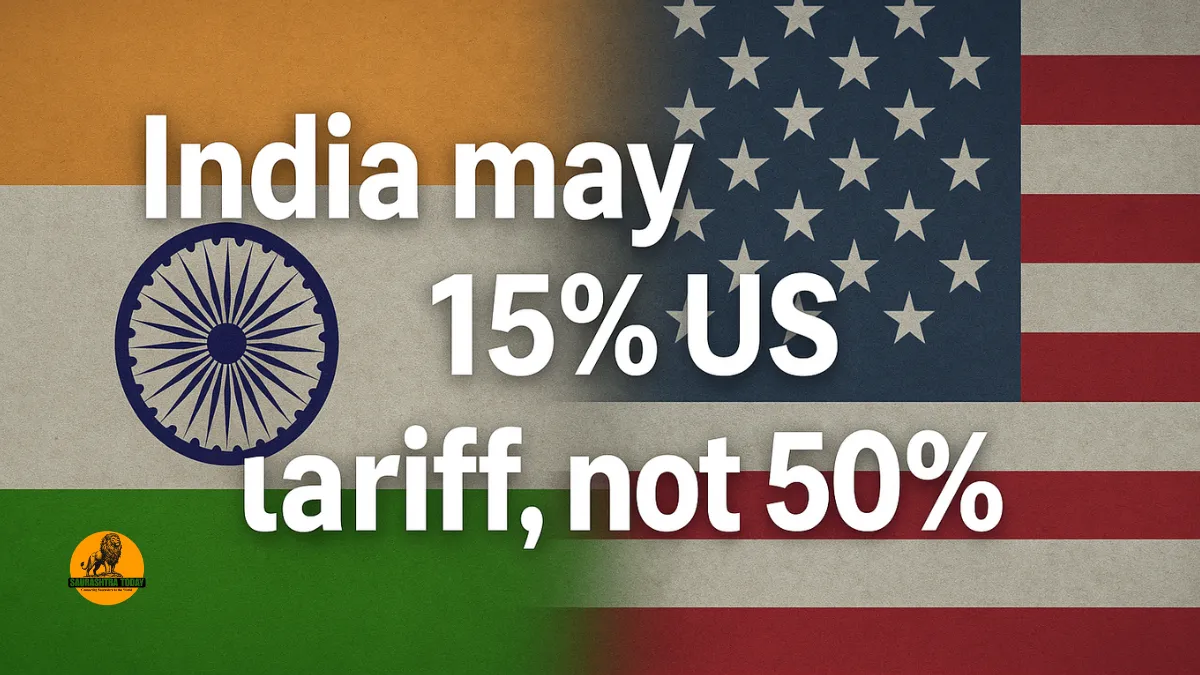Government Digital ID Cards Plan: A fresh political debate has erupted in the UK after more than 1.6 million people signed a petition opposing Prime Minister Keir Starmer’s plan to introduce government digital ID cards for everyone working in the country by 2029.
The proposal, which the Labour government believes will strengthen border security and curb illegal immigration, has been described by opponents as a “step towards mass surveillance and digital control.”
Public Resistance Grows
The online petition, which quickly crossed the 1.6 million mark, argues that “no one should be forced to register with a state-controlled ID system.” Campaigners warn that compulsory government digital ID cards could open the door to excessive state monitoring of citizens’ personal data.
According to parliamentary rules, petitions with more than 100,000 signatures can be considered for debate in the House of Commons. However, critics point out that such petitions rarely change government policy. For example, more than 6 million people once signed a petition demanding the reversal of Brexit, yet it failed to influence political decisions.
Starmer Defends the Proposal
Despite growing backlash, Starmer has defended his government’s digital ID plan. Speaking on Friday, he said the system would help address public concerns about rising illegal migration.
“I know working people are worried about the level of illegal migration into this country,” the Prime Minister said. “A secure border and controlled migration are reasonable demands, and this government is listening and delivering.”
He described government digital ID cards—informally referred to as the “Brit card”—as “an enormous opportunity” for the UK. Starmer argued that the cards would not only prevent illegal work but also provide ordinary citizens with “countless benefits,” such as proving identity quickly when accessing essential services, instead of relying on outdated utility bills or paperwork.
Civil Liberties Concerns
Civil rights groups, however, are warning that the introduction of government digital ID cards could severely impact personal freedoms.
Silkie Carlo, director of Big Brother Watch, called the proposal a “dangerous shift” that would make Britain “less free.” She said such a system risks creating “a domestic mass surveillance infrastructure” that might eventually extend from citizenship checks to welfare, taxation, healthcare, and even internet activity.
“Incredibly sensitive information about each and every one of us would be hoarded by the state and left vulnerable to cyber-attacks,” Carlo warned.
Government Response
Culture Secretary Lisa Nandy attempted to calm fears, insisting that the government had “no intention of pursuing a dystopian mess.” She said the cards would serve practical purposes while safeguarding privacy and security.
But critics remain unconvinced, pointing to the potential risks of centralised digital databases being misused or hacked.
Political Opposition
The proposal has also drawn criticism from opposition leaders. Conservative Party leader Kemi Badenoch said her party would resist any attempt to “impose mandatory ID cards on law-abiding citizens.”
Nigel Farage, leader of Reform UK, also voiced his strong opposition. Writing in the Daily Express, Farage dismissed the plan as “an anti-British card” that would increase government control rather than reduce illegal immigration.
“The Labour government’s plan to impose digital ID cards on all adults will do nothing to combat illegal immigration,” he wrote. “But it will give the state more power to control the British people.”
Balancing Security and Privacy
The debate highlights a deep divide in British politics over how to balance national security with individual freedoms. Supporters of government digital ID cards argue that the system will modernise the UK’s border and labour market controls, making it harder for illegal migrants to work under the radar.
Opponents, on the other hand, fear that once introduced, such a system could expand far beyond its initial purpose, allowing the state to monitor everyday activities of ordinary citizens.
Also read: Trump and Comey: Former FBI Director Indicted as Political Battles Escalate
Conclusion
As the petition continues to gain signatures, pressure is mounting on the government to clarify its stance and address the concerns of civil liberties groups. A parliamentary debate on the issue now appears likely, given the scale of public opposition.
For Starmer’s government, the challenge will be convincing the British public that government digital ID cards can enhance security without eroding privacy. The outcome of this debate could shape the country’s digital identity policies for decades to come.


















